You know that feeling where a game leaves you feeling totally satisfied? That you enjoyed every single second of it, and it left you wanting more, not because it was incomplete but simply because it was just that good? And that there was not a second where you felt like the game was wasting your time? That’s Duck Detective: The Secret Salami.
This is a two-three hour long, beautifully compact game that is overflowing with character, charm, and whimsy. It is, as you can probably guess from the screenshots, a satire of the hardboiled detective noir genre. Imagine if Raymond Chandler was a satirist and Philip Marlowe was not so much a hard-drinking, womanising man as a hard bread-eating (no really), utterly miserable duck. That’s basically what we’re dealing with here.
Said duck, who is down to his last few coins (barely a bus fare) and therefore forced to take the first job he gets, gets what seems to be the very definition of a frivilous gig: an office worker’s salami sandwiches have gone missing, and they want to know who the heinous culprit is.
But of course, nothing is as it seems in this decaying city of vice and crime, and the salami sandwich investigation soon becomes something much more sinister. I’m not going to give any spoilers here, of course, but Duck Detective is full of humous twists and turns that satirise the hardboiled genre while also respecting its conventions and style. Or as Mr. Chandler would have written:
“I needed a slice of bread, I needed a lot of life insurance, I needed a vacation, I needed a home in the country. What I had was a coat, a hat and feathers. I put them on and went out of the room.”
There’s a fine line between a good piece of satire or parody, and something that is just plain dumb. What happens a lot of the time with the older genres that have become filled with cliché (such as the noir genre) is that the efforts to parody become too silly to actually become invested in their own story. Think about basically every film by Jason Friedberg and Aaron Seltzer (Scary Movie, Epic Movie, etc), or Adam Sandler whenever he’s in the mood to parody something – when the artwork itself becomes a joke, its quality as a parody is greatly diminished.
Duck Detective, meanwhile, is a good form of parody or satire. Though the premise is silly – you obviously don’t call a detective to figure out who stole a sandwich – the way the narrative escalates remains funny, but also true to the genre. The Duck himself is obviously a joke, but also works as a Marlowe-like down-on-his-luck cynical detective. All the other anthropomorphised suspects, victims and villains, too. Basically, Duck Detective works as a hardboiled noir, as a satire, but if you were to replace all the whimsical components with more typical building blocks, it would work as an example of the genre, which is exactly how a good satire operates.
As a game there’s nothing too innovative, but it’s executed really nicely. Across the length of the mystery, there are a series of “clues” to solve, and each of these is handled the same way: You’ll explore the various rooms that make up the office for clues, and then use those clues to fill out a statement that features a series of blank spaces. A simple example might be: “_______ is feeling sad today because ______ forgot their _______”, and you’d need to figure out, from a list of keywords you’d unlocked from exploring the environment, what those names, objects, and verbs in each statement is.
This never becomes overwhelming. Even the most complex puzzles will only challenge you to figure out a statement with seven or eight blanks across a little more than a dozen words. There’s a generous hint system (and an easy mode that makes it even easier), but even if you’re totally stuck, you can just input random words into the puzzle, and the game will tell you how many are incorrect, so you can trial-and-error your way to a conclusion with little detective effort. This is a game that was designed to entertain and to be finished, not to frustrate.
Right at the end you do need to make a series of decisions and the game helpfully tells you the percentage of other players that thought the same way you did. I generally like seeing this in games because I like to know how aligned my reading of the story is with others. In this particular case, I don’t think any of the choices will be too polarising, though, so this one element might be the only gratuitous thing thrown in, perhaps to encourage replay value.
Sadly, the nature of crime stories is that once you know whodunnit, the motivation to ever play again drops off a cliff. That’s not a problem with Duck Detective itself, but rather the genre it belongs to. Part of me wishes that the developers implemented some kind of randomisation that would change the culprit each time – the Cluedo approach, if you will. Of course, doing that would have undermined the developer’s ability to write specific characters and give them specific roles in the story, so the whole reason to play (the narrative) would have lost a lot of steam.
Alternatively, they could have done something like that as a bonus mode after finishing the game, but that would have added some massive scope creep to the project. Unlike some (i.e. me) these developers kept a good handle on their project.
Duck Detective: The Secret Salami is a delightful, wonderful little game. My life is better for the joy that it has injected into it and there’s not a thing about it that I think the developers could have done better.
Buy the hottest games with Amazon.
By purchasing from this link, you support DDNet.
Each sale earns us a small commission.
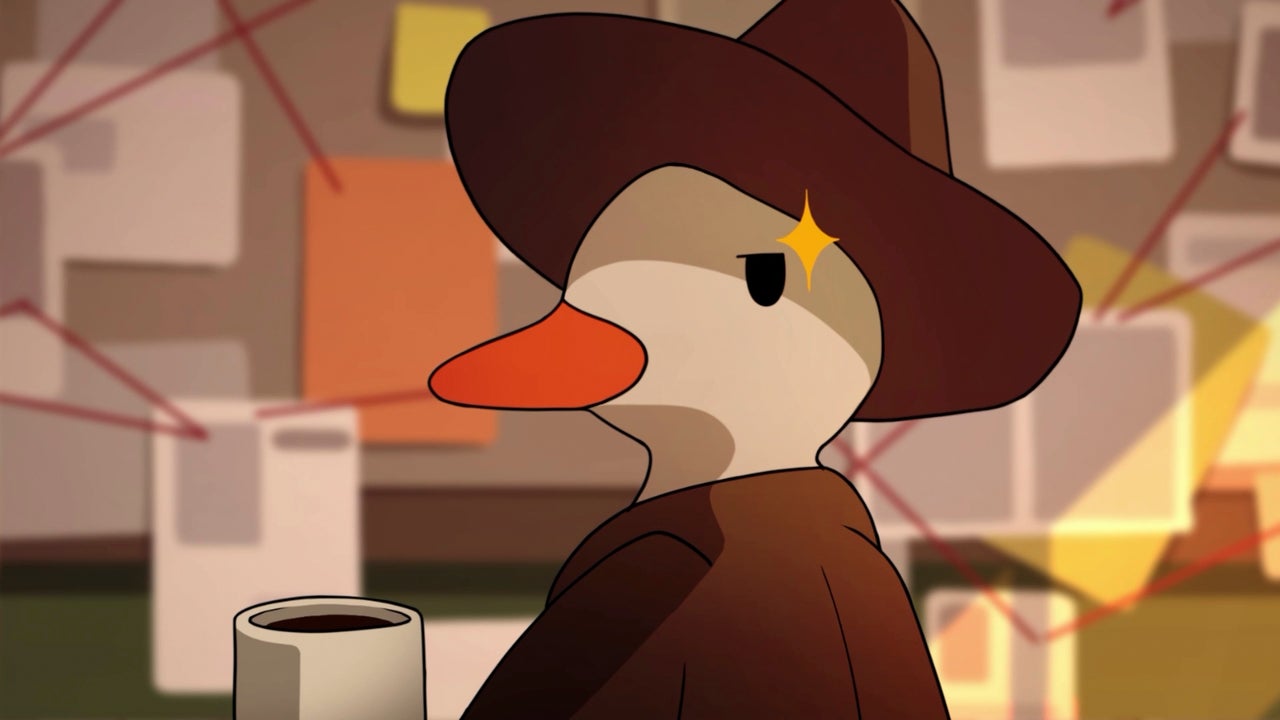

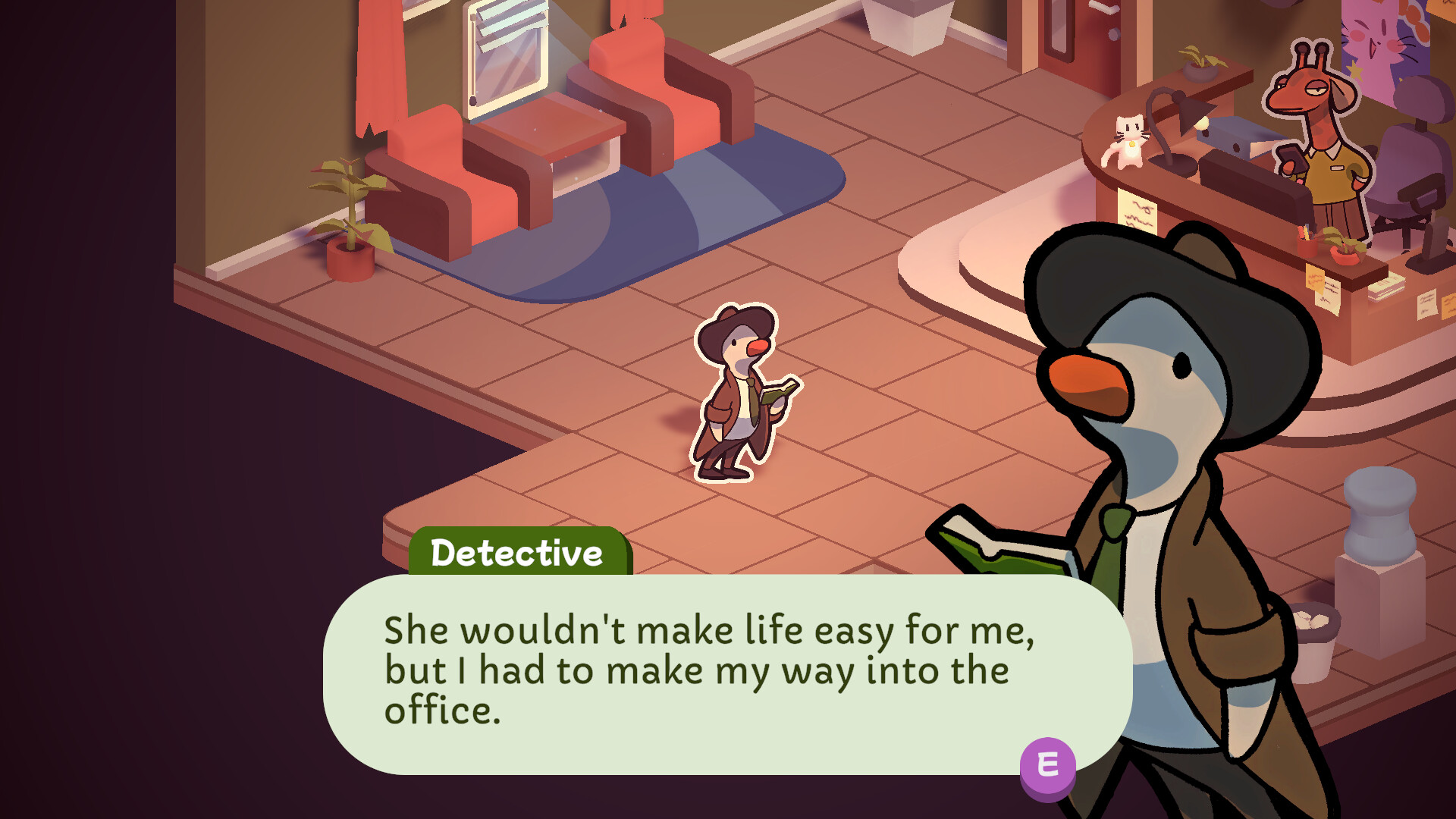
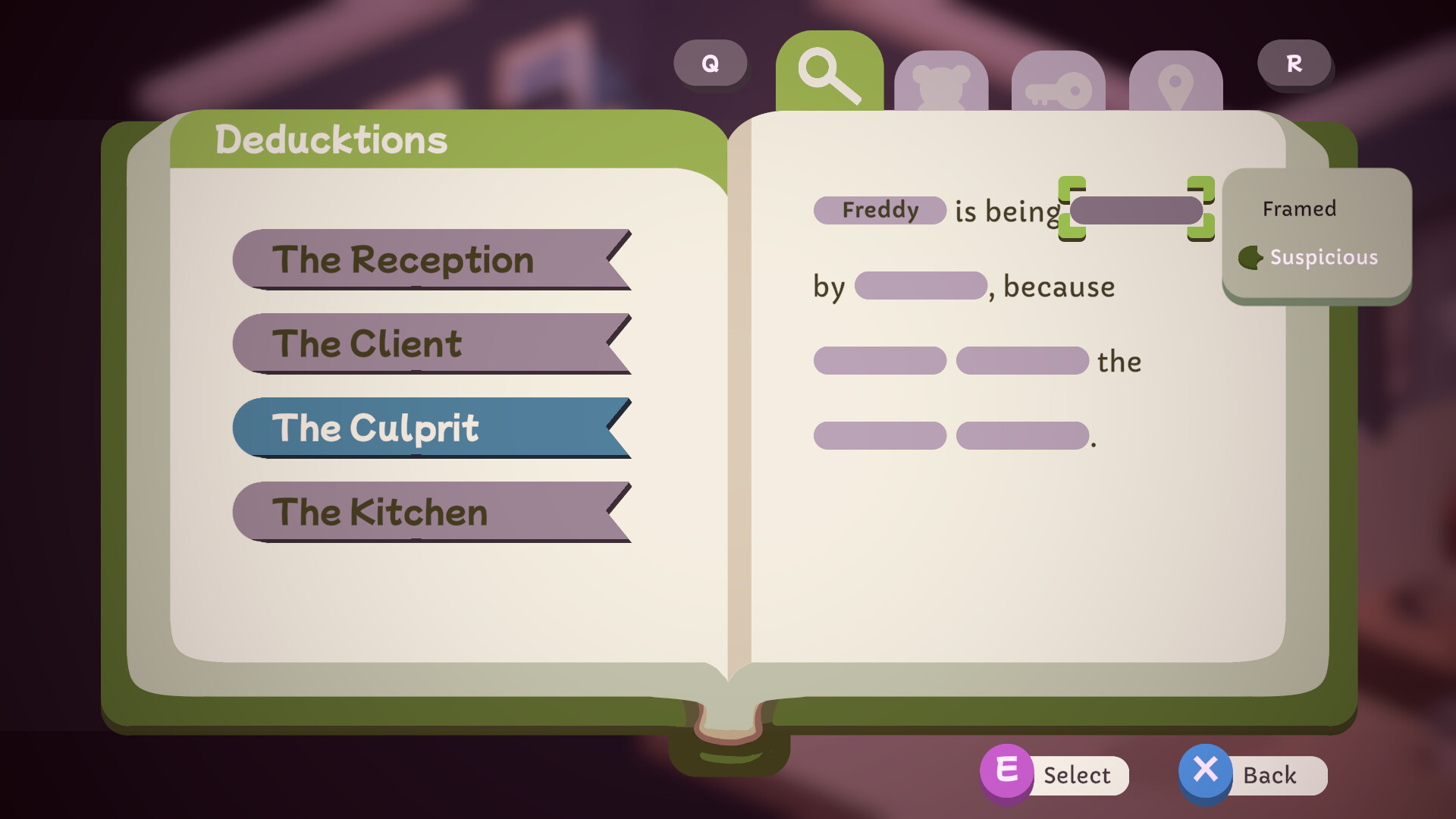
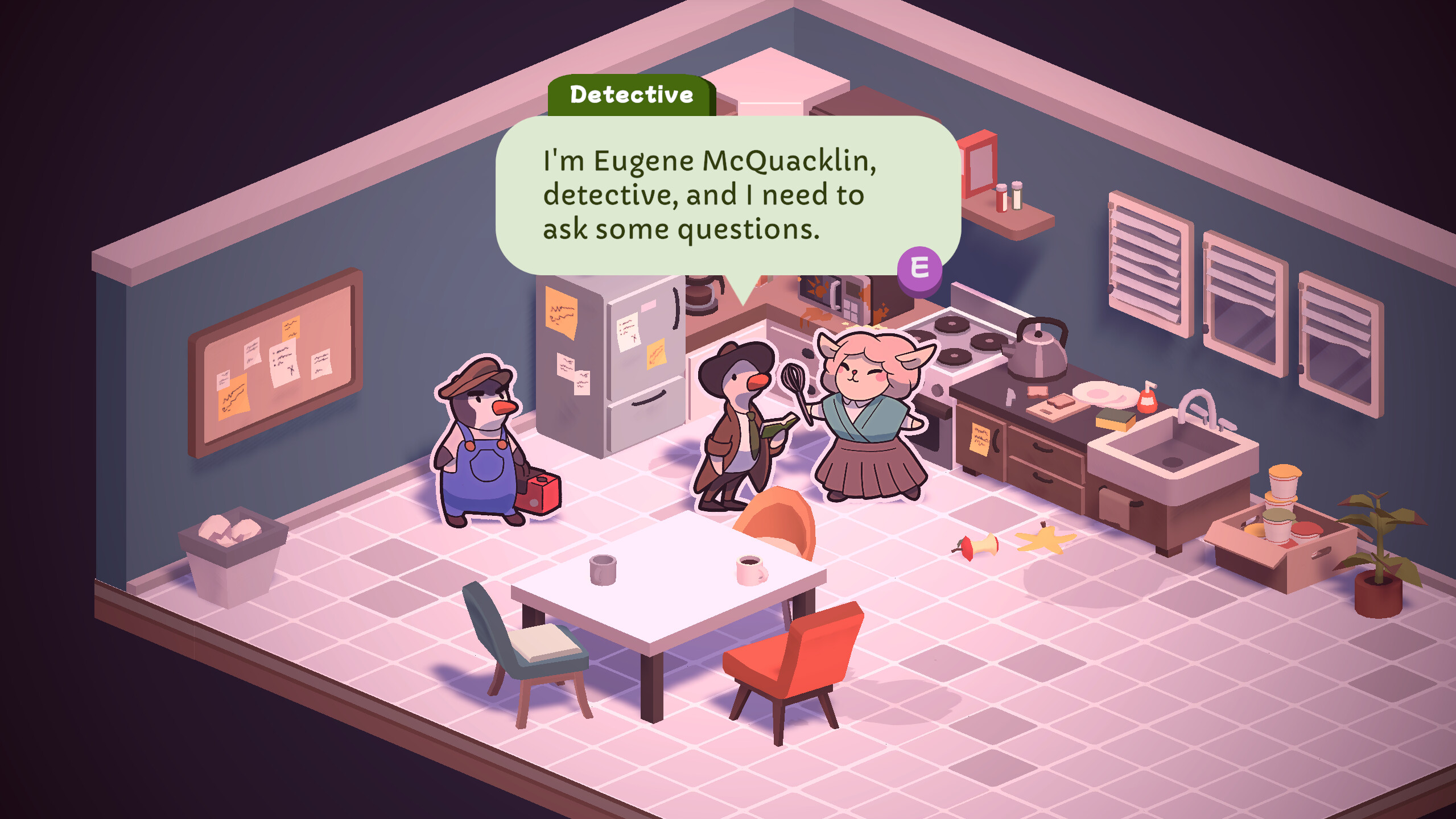
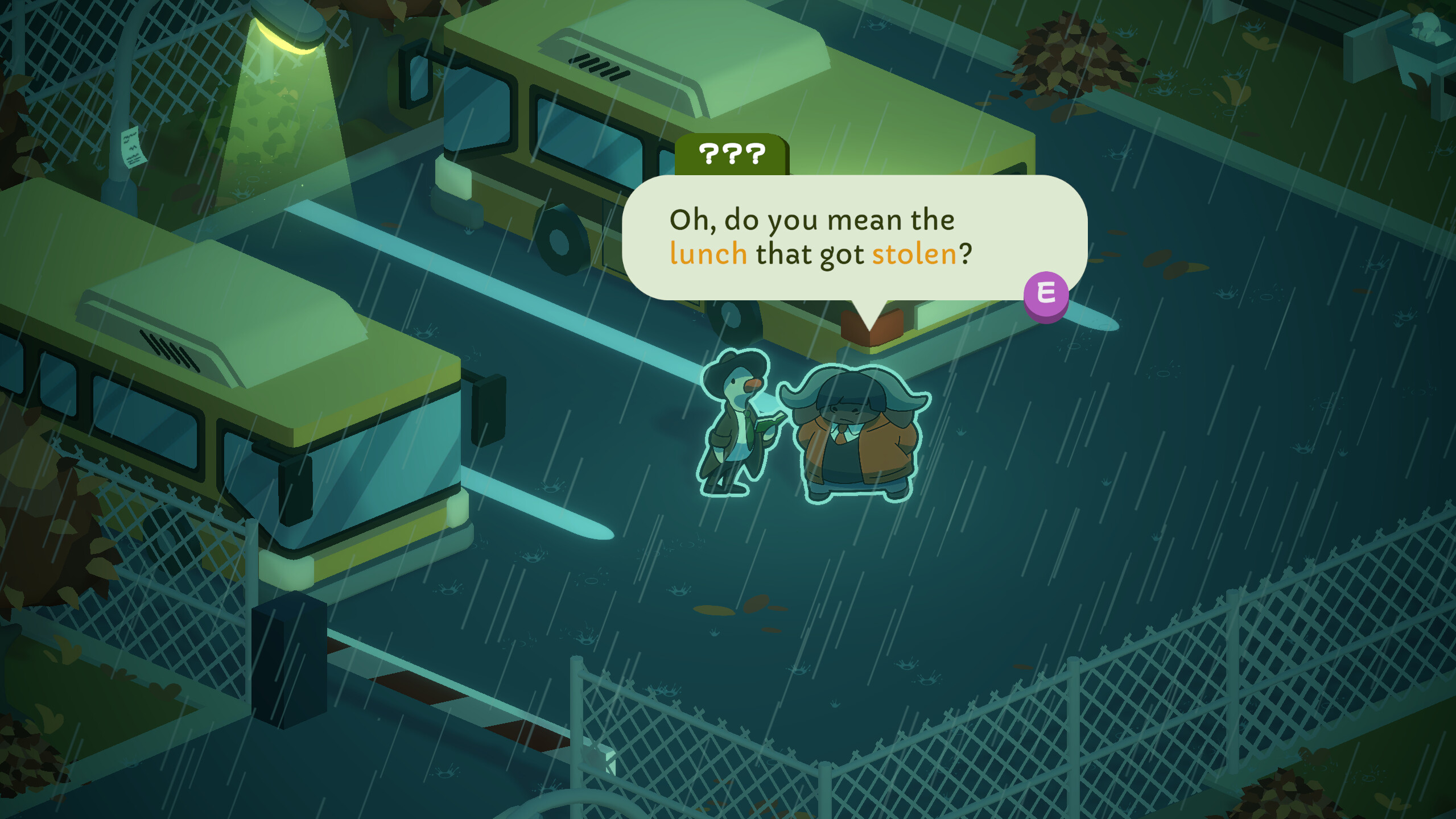

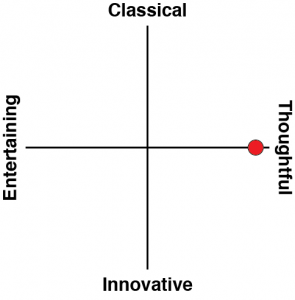




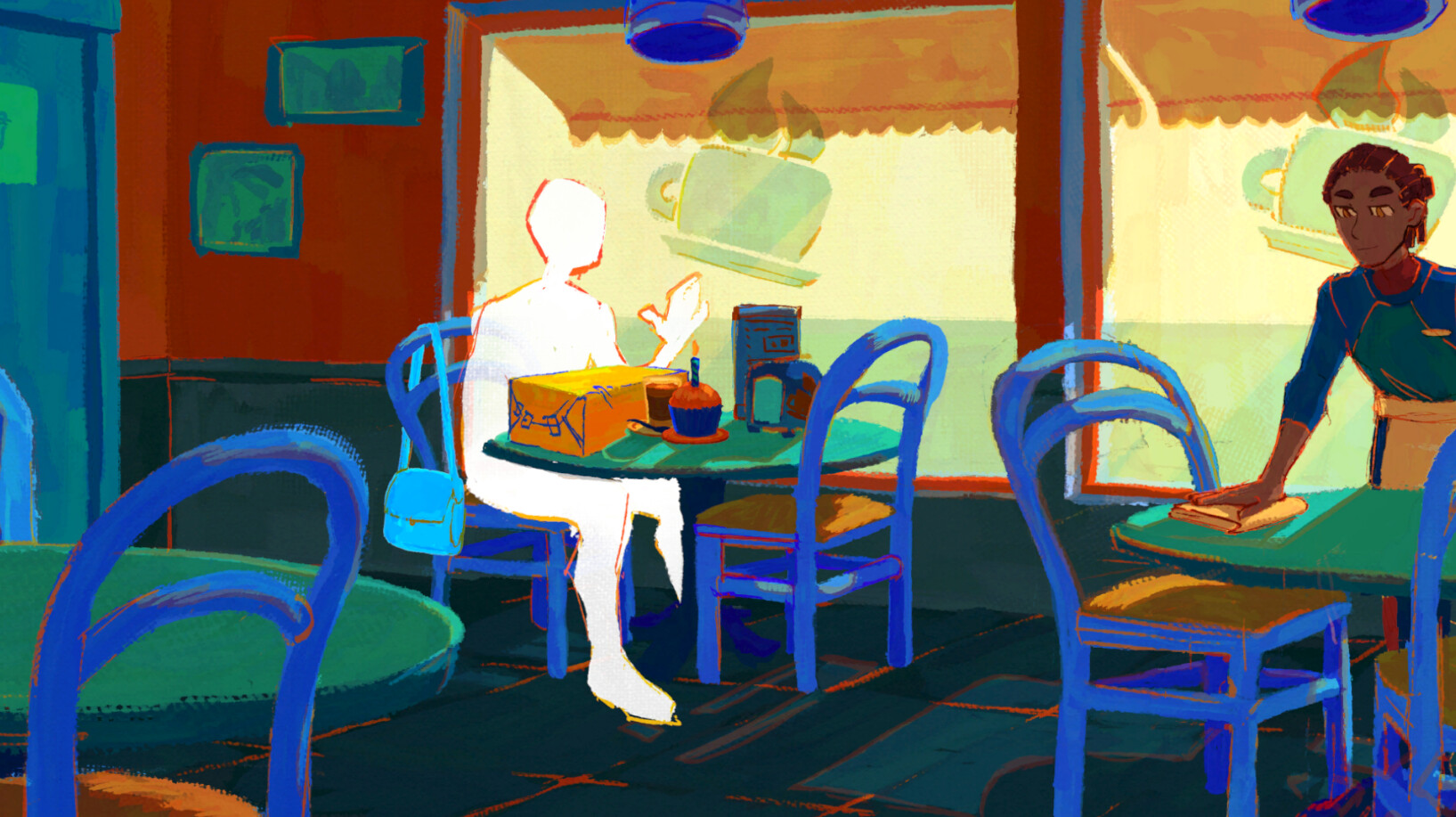
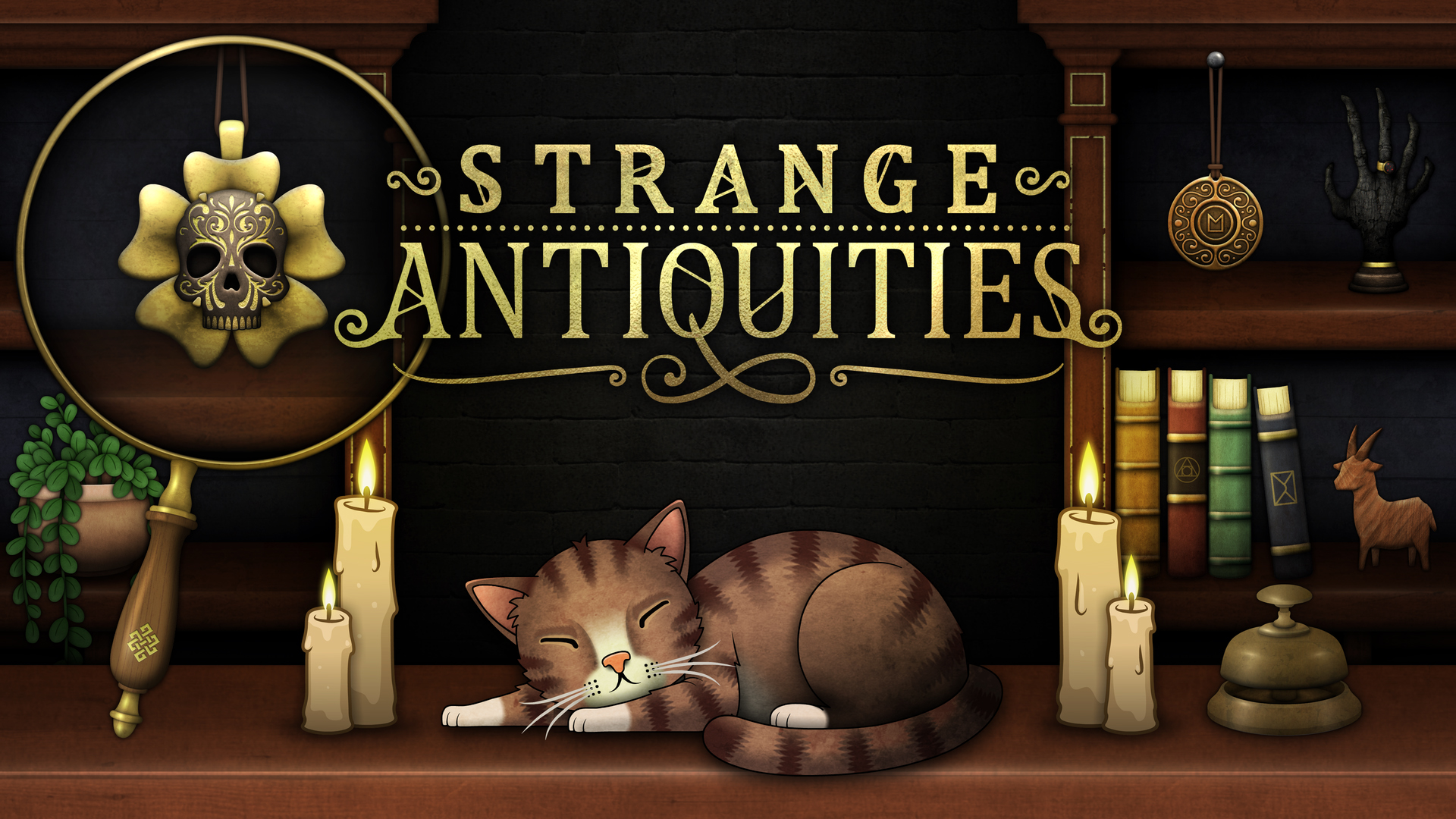


I would be pretty miffed if someone stole my salami too!
Would you recommend this to someone who’s not really into the detective genre as a whole? Will I get the references?
Oh yeah, easily. The only references the game makes are to the most pop culture of pop culture detective fiction. The stuff that people know even if they’re never watched a detective film or read a detective book because they’re so often parodied or referenced in other media.